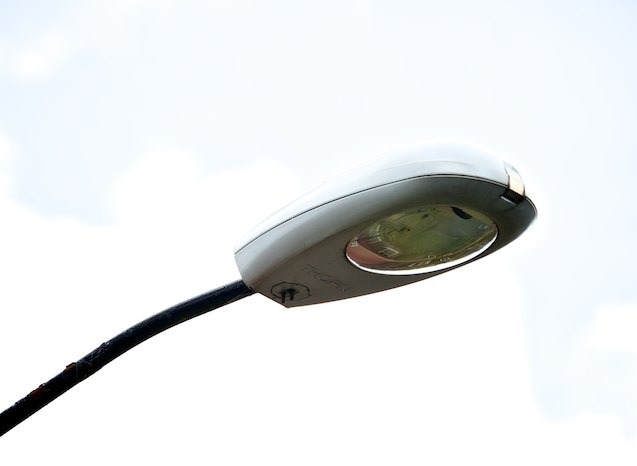North Yorkshire County Council has said it welcomes new expert research which supports its policy on reducing street lighting.
The work by academics at University College London and the London School of Hygiene & Tropical Medicine, published today, found that turning street lights off at night does not lead to more crime or traffic accidents, but does play a significant part in reducing carbon emissions.
The results of the research, based on 14 years of data, are published in a scholarly journal today.
Lead investigator Dr Phil Edwards, of the London School of Hygiene & Tropical Medicine, said:
An estimated £300 million is spent every year on street lights in the UK. At a time when local authorities need to make spending cuts, our findings show that by carefully assessing risks, street lighting can be reduced without an increase in car crashes and crime.
County Councillor Don Mackenzie, Executive Member for Highways, said:
This serious, independent, academic research fully supports our view that providing a street lighting reduction programme is carried out in consultation with agencies such as North Yorkshire Police, and takes account of concerns regarding road safety and crime, there is no cause to fear that the results will be detrimental.
“Indeed, with the need not only to save money in this austere economic climate, but perhaps even more importantly to do everything possible to reduce carbon emissions and thereby reduce the prospect of potentially disastrous climate change, this research fully justifies North Yorkshire’s policy, introduced several years ago.
The reduced street lighting programme now covers most of North Yorkshire, with the exception of parts of the Craven and Selby areas, which it’s anticipated will be included before the end of this year. The programme results in an annual saving of approximately £400,000, and reduces carbon emissions by 3,000 tonnes a year.







